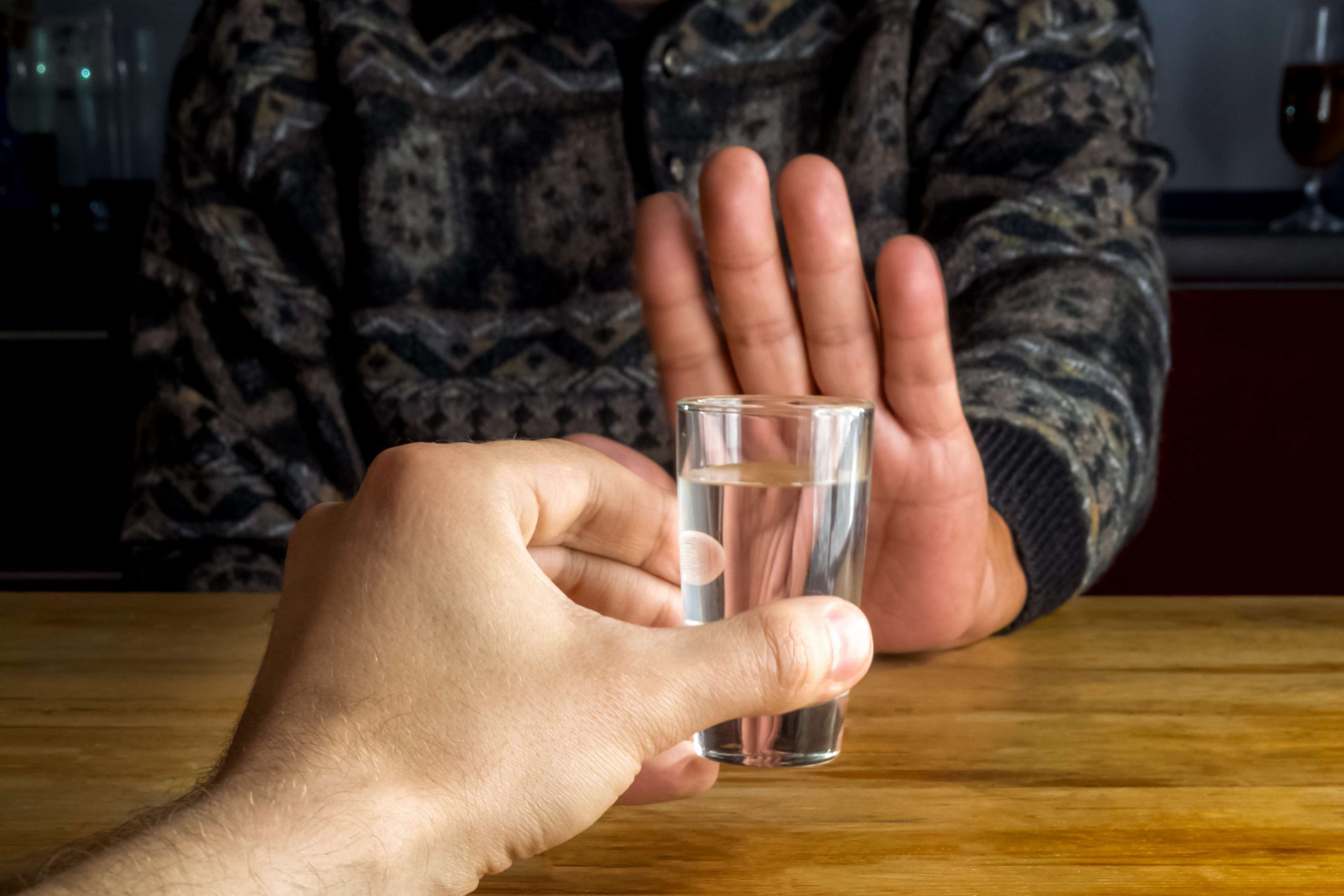Healing Pines Recovery is a top residential treatment center in Colorado designed for the unique needs of men. Our comprehensive treatment programs are evidence-based and help restore men in mind, body, and spirit. Sobriety means having to face uncomfortable truths about ourselves and others and having to stand up and be who we are. We may have to face all kinds of adversities and personal challenges while we come clean.
- Genetics, environmental stressors, and unresolved trauma can also increase this risk.
- It can cause serious issues in everyday life, which is why it’s so important to identify and manage it.
- My drinking was all about self-loathing, which I had done for almost twenty years at that point.
- Fear is a powerful emotion that can significantly affect your life–but you can learn to overcome it if you stop and take a deeper look.
How Do You Stay on Track With Recovery?

The only way to truly do that is by going through treatment and becoming clean and sober. You should embrace the possibility of again being able https://www.free-pet-wallpapers.com/page/2/ to feel strong emotions like love, joy, pride in yourself, hope for the future, and belief in your inner goodness. It has probably been such a long time since you did that you are afraid you are not capable of it.
What Does It Mean to Celebrate Sobriety?
It goes away, and it is magnificent when it does. And it wasn’t just the cute little forgetful moments when you walk into a room and immediately forget why you’re there. And those horrid little capillary bursts on my chest have disappeared. That last one is called spider naevi, and it’s not only gross but a sign that your liver isn’t doing so well.

Fear as Part of the Recovery Process
- Growing up, my number one fear was not being accepted.
- Most alcoholics do feel like they have a silver tongue, and many do.
- I don’t think it’s change that you’re so afraid of.
- Staying sober means staying clean, and that alone can be a scary thought for many addicts and alcoholics.
Addiction still involves a high degree of stigma. You probably feel ashamed about your struggles with addiction. One of your fears in recovery https://www.artrojasdesign.com/category/paranormal/page/66/ may also relate to thoughts about being judged when you enter a residential treatment facility. This is especially true if you’ve been able to hide your addiction up until now.
- After all, you’ve probably spent months or years avoiding the first hint of withdrawal symptoms.
- A fear of any type is just a thought that is out of control.
- I did not want to admit to a drinking problem and that kept me drinking.
- For me, I was terrified because I knew no other way to be.
- As I matured, I never fully grew out of this class clown/funny guy phase.
- Grief and loss are painful, but using doesn’t help it just prolongs the agony.
Treatment & Support
In some programs and groups, relapse is treated as bad and met with disapproval or negative reinforcement. As a result, some people are so afraid of feeling like a failure that they don’t want to start recovery at all. Some people may have been in recovery, relapsed, and been afraid to try again because they don want to “fail” again. You have probably been closed off for so long that you are understandably afraid to do, see, hear, and fail.
What Is Sobriety?

There are times when youll doubt yourself and get pushed outside of your comfort zone. There are times when you will fall short of a goal. At this point, you can either conclude that you dont deserve it or have what it takes, or you can try again. With proper counseling and/or a good recovery program, you’ll learn important tools for navigating these relationships.

Fear of a New Life
If you’re addicted to drugs or alcohol, you’ve likely used them to cope with difficult situations in your life. However, sobriety doesn’t http://intencia.ru/Pages-view-101-word-%CE%E4%ED%E0%EA%EE.html mean you won’t be able to cope with life’s challenges. In fact, sobriety can help you to learn new and healthier ways to deal with difficult situations. Getting sober means replacing your primary coping mechanism – drugs and alcohol – with new, unfamiliar ones. The process can be uncomfortable, particularly for someone who is afraid of feeling in general.
